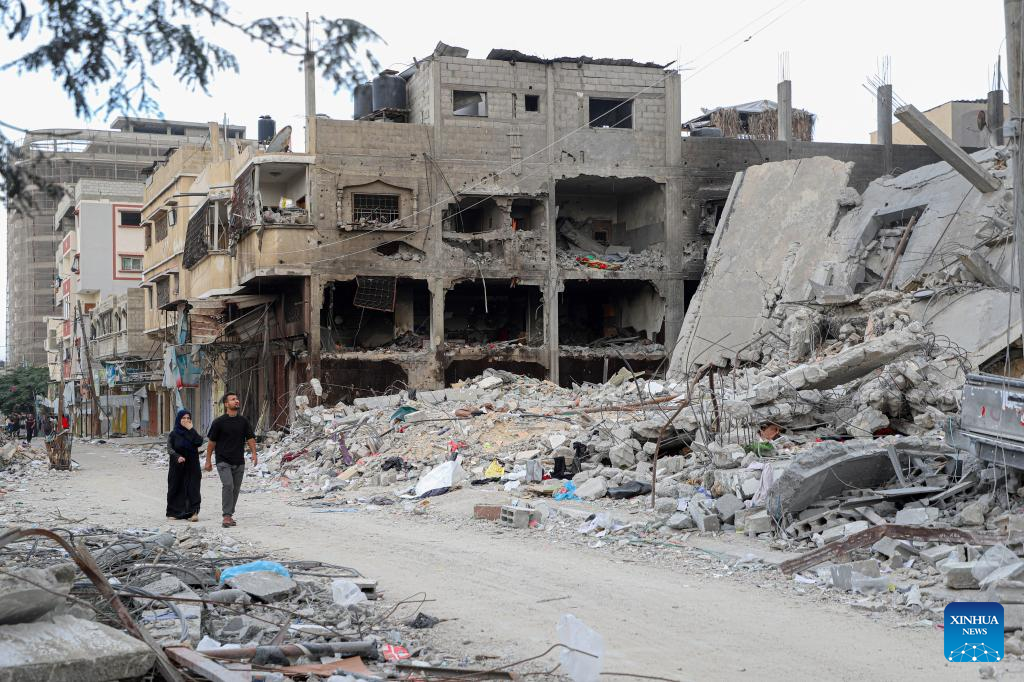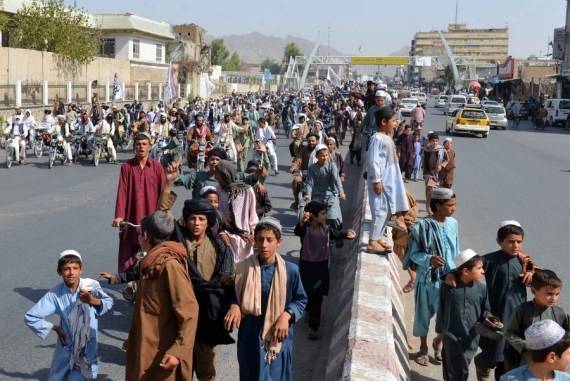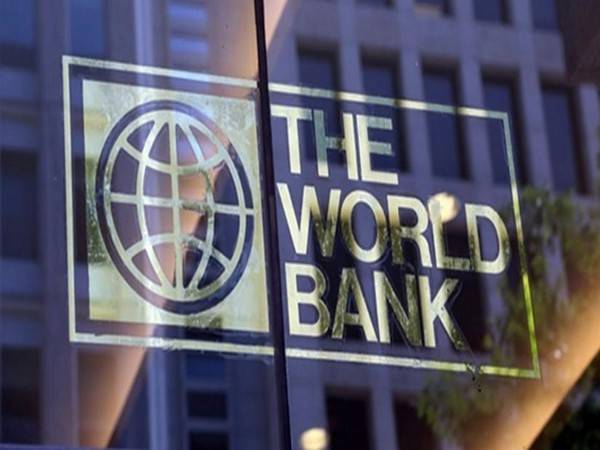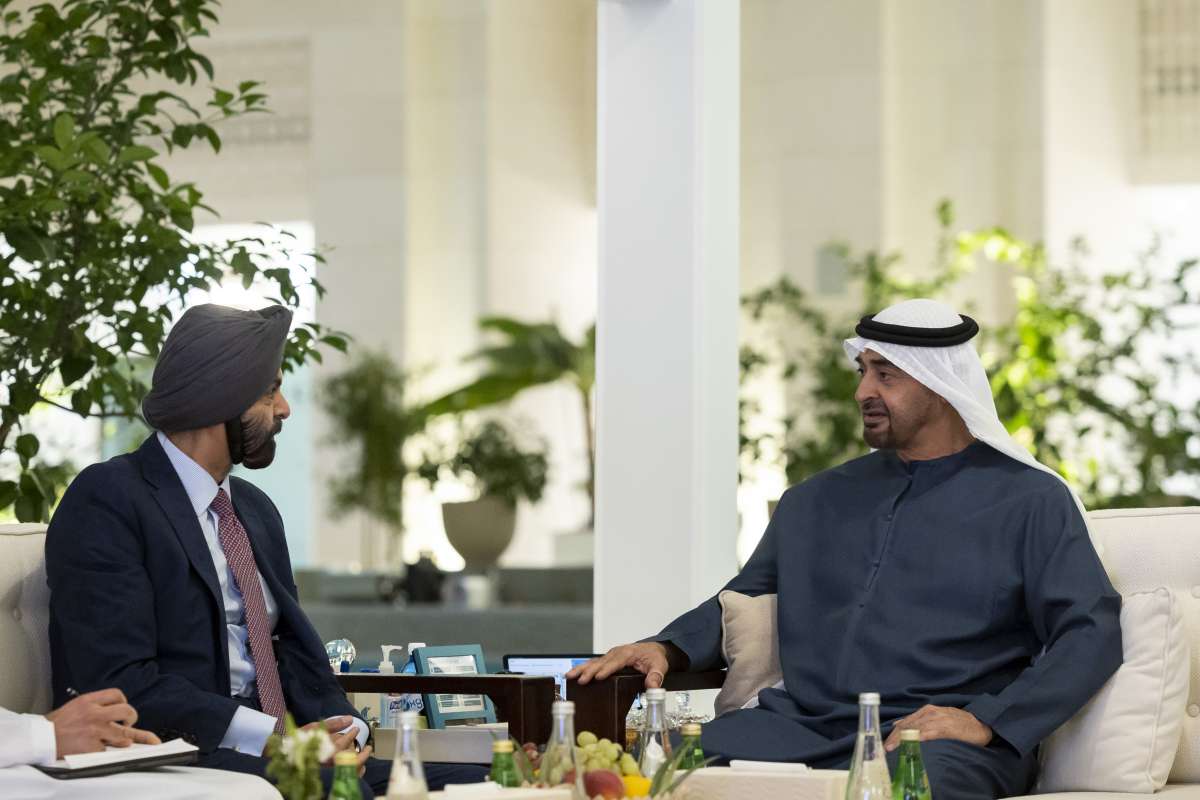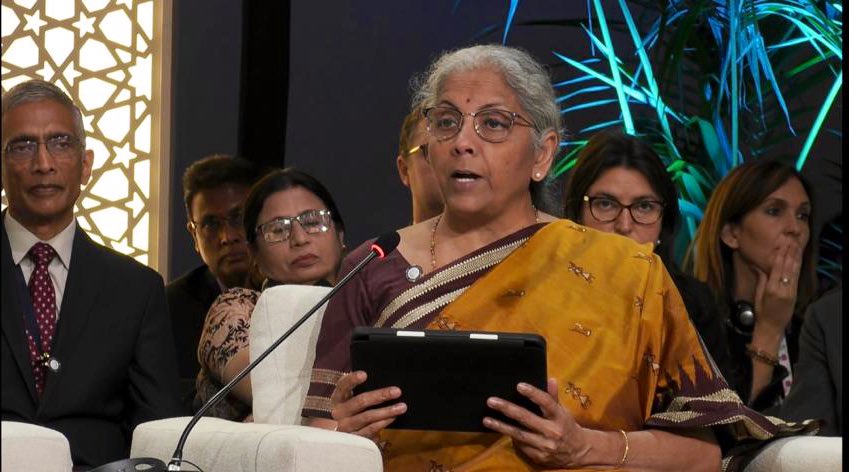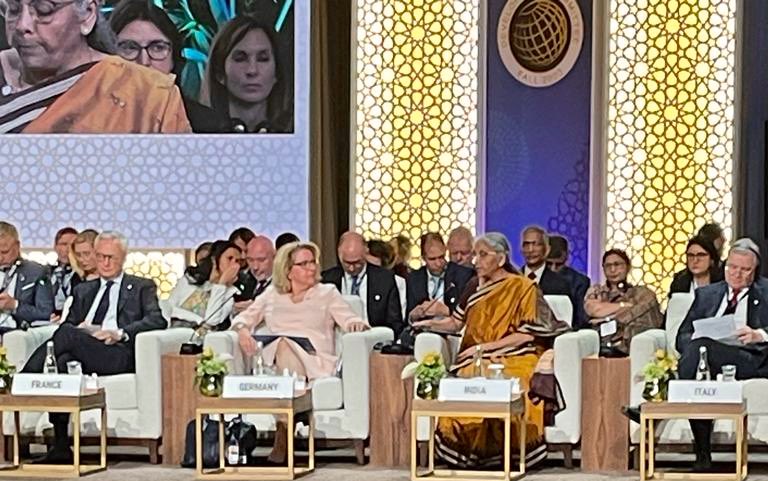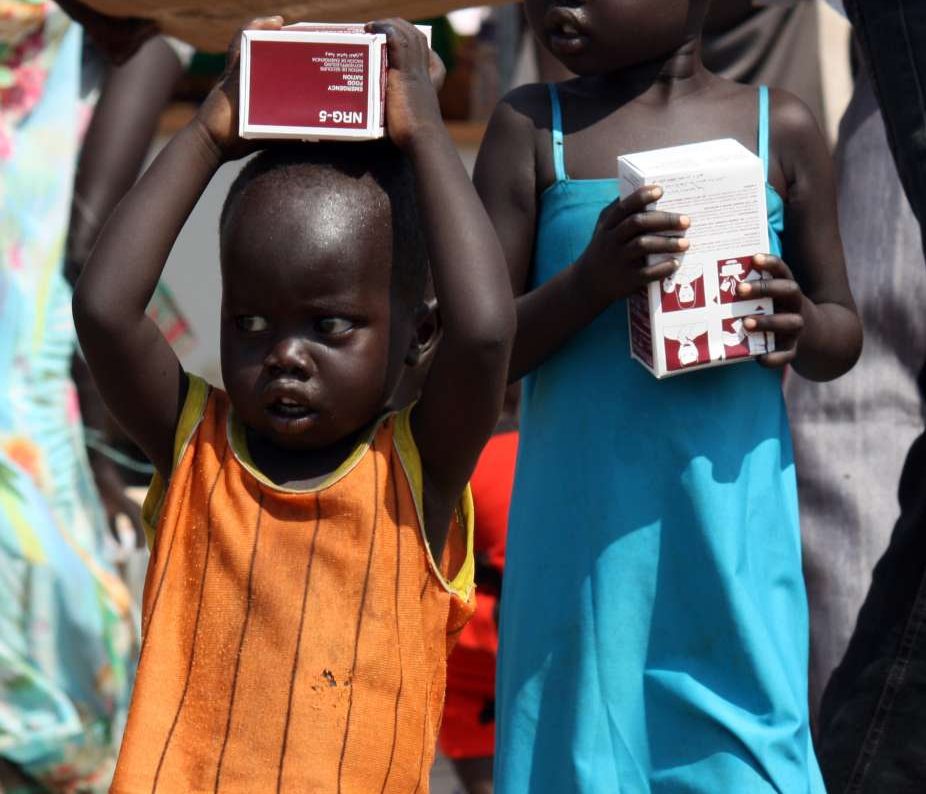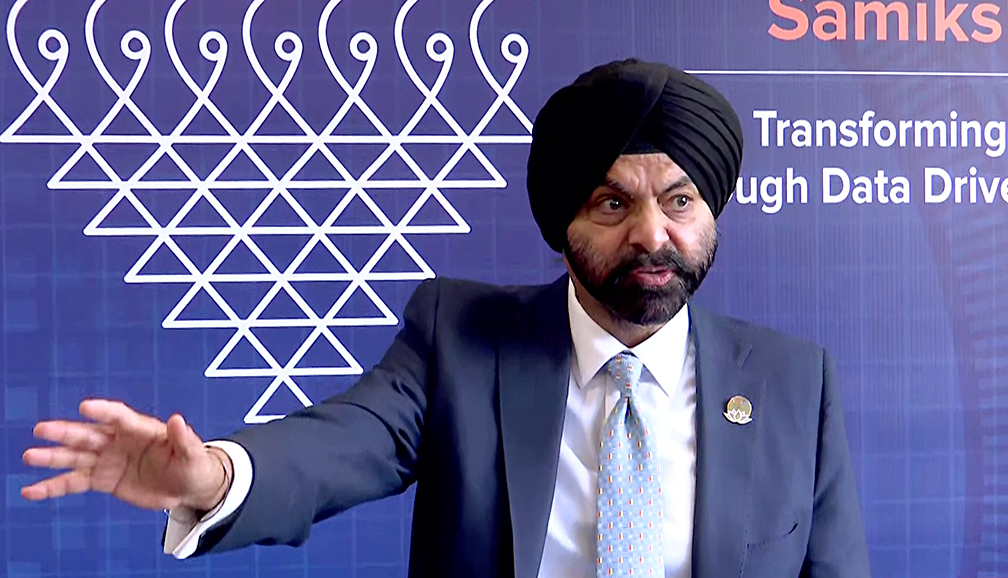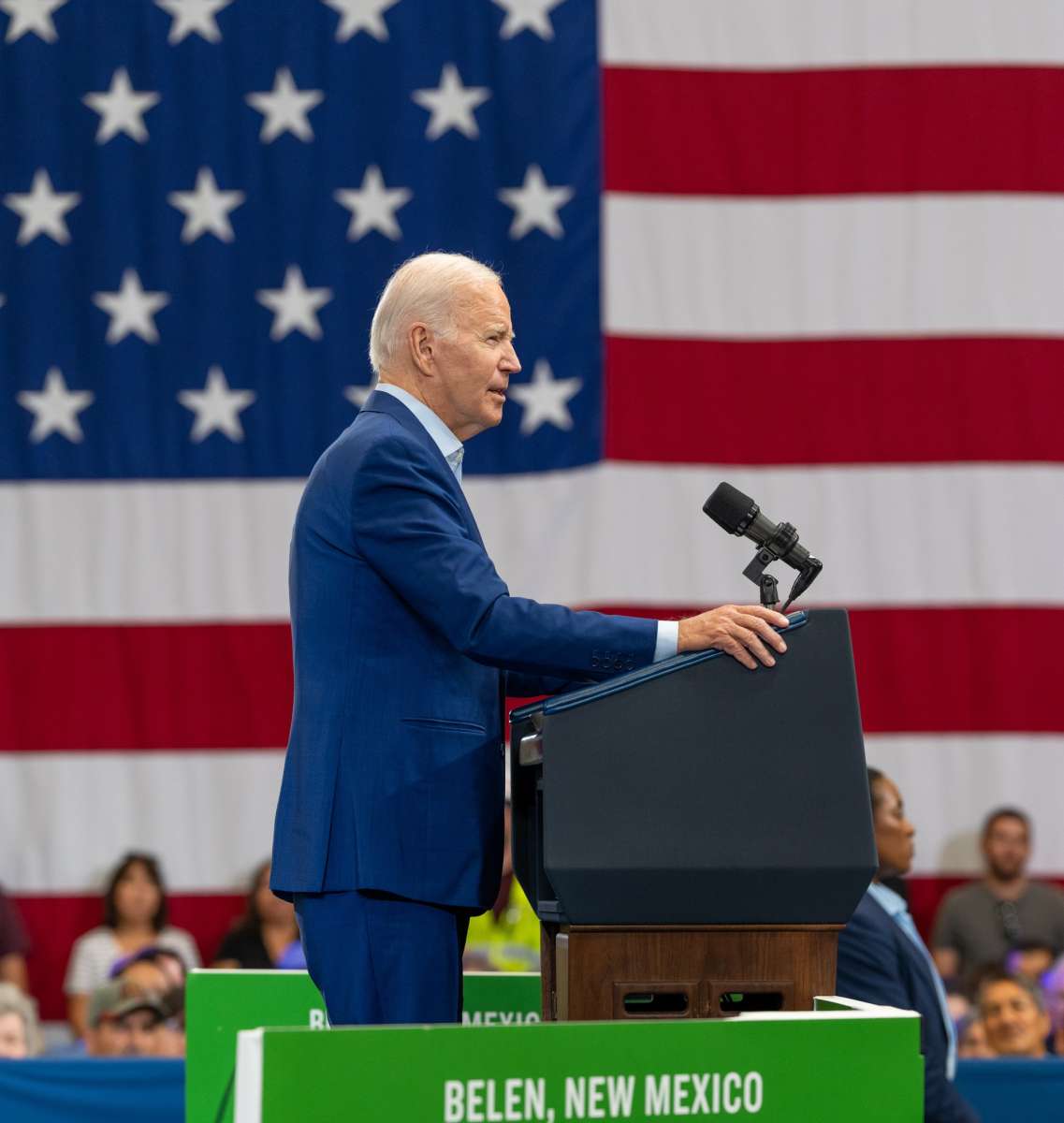In Gaza, the impact of the conflict on employment has been catastrophic, with a staggering loss of 61% of jobs since hostilities began…reports Asian Lite News
The ongoing conflict between Israel and Hamas, with its roots extending back over seven decades, continues to cast a long shadow across the Middle East. Recently, hostilities have intensified, with both sides experiencing significant casualties. On October 7 , Hamas initiated a series of assaults on Israeli towns, prompting a robust military response from Israel. With many casualties on both sides, the devastation is obvious. But, the impacts of the conflict have rippled throughout the world, with protests in many western nations and significant economic implications.
World Bank warns that oil prices may reach unprecedented levels
The World Bank has raised alarms that the escalation of the Israel-Gaza conflict could significantly disrupt crude supply, potentially driving oil prices to a peak of $157 a barrel. This dire prediction echoes the crisis of the 1973 Arab oil embargo, suggesting a potential shrinkage in global supply by six to eight million barrels per day. The repercussions of such a supply cut could send prices skyrocketing, affecting economies worldwide.
Under a less severe yet substantial “medium disruption” scenario, which mirrors the 2003 Iraq war’s impact, the supply reduction could range from three million to five million barrels per day, pushing prices to hover between $109 and $121 a barrel.
Despite these concerning scenarios, the World Bank’s baseline forecast is somewhat more optimistic. It projects oil prices to average $90 a barrel in the current quarter, with a decline to $81 next year, assuming a global economic downturn. Investment banks like Goldman Sachs and UBS anticipate a stable oil price around $90 to $100 per barrel over the next twelve months.
Of course, it’s not just oil, but most commodities. Gold, being a safe-haven, appears to be appealing in such conflicts. Gold trading , of course, seeks to capitalise on this, despite the inherent riskiness of CFD trading. But, when the safe-haven assets become the subject of traders’ attention, they can increase in volatility, making them less of a safe-haven.
In Gaza, the impact of the conflict on employment has been catastrophic, with a staggering loss of 61% of jobs since hostilities began. This equates to about 182,000 lost jobs, as reported by the International Labour Organization (ILO). The economic fallout from this crisis extends to the occupied West Bank, which has seen a 24% loss in employment, or roughly 208,000 jobs, due to the war’s spillover effects. Daily income losses for the two Palestinian territories are estimated at $16 million. The ILO’s assessment paints a grim future for the local economy, which will likely struggle with the repercussions of this crisis for many years. Gaza’s pre-war economic conditions, marked by severe deprivation and one of the world’s highest unemployment rates, only exacerbate the situation .
Conversely, in the Israeli town of Sderot, close to the Gaza Strip, businesses persevere despite the conflict. Factory owners, among many other sectors, face the burden of repairing war damages and safeguarding their workforce. While both economies will take a hit, the suffocation of Gaza has resulted in greater economic damage.
How Russia’s invasion impacted commodity prices
Russia’s invasion of Ukraine in early 2022 set off a chain reaction in global commodity markets, significantly influencing prices across the board. The war caused immediate disruptions in the supply of oil and gas, particularly affecting Europe, which had been heavily reliant on Russian energy. The situation exacerbated existing tensions in energy markets, pushing prices upwards as countries scrambled to find alternative sources.
It’s useful to draw comparisons here of how conflicts impact commodities, because these two large conflicts are in such close succession to one another. While Europe isn’t dependent on Israeli or Palestinian energy like it was with Russia, global prices are still impacted.
ALSO READ-World Bank: Half of Afghan Population Living in Poverty

